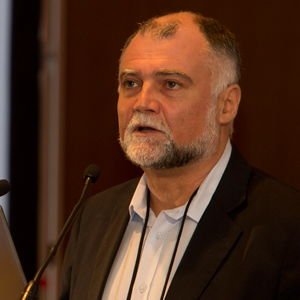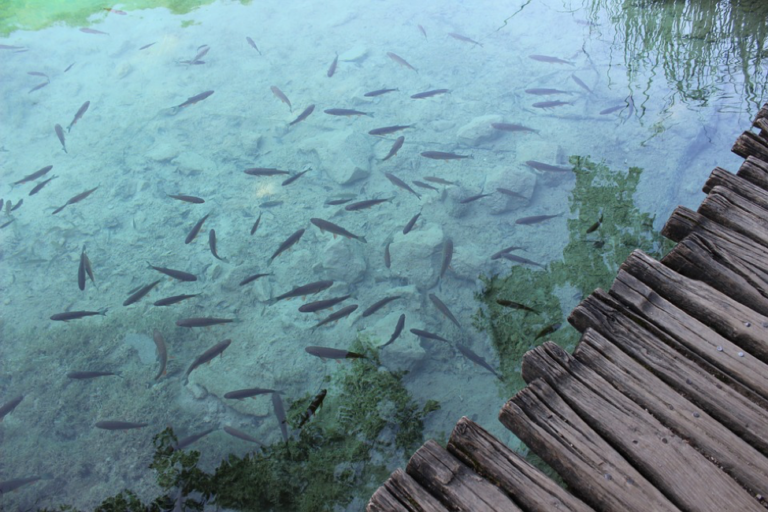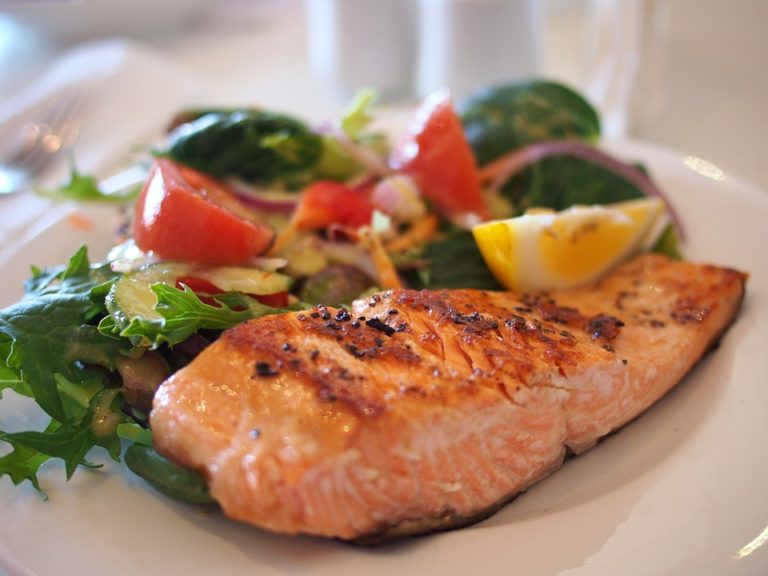
Walmart Accepts BAP As Approved Third-Party Program For Monitoring Supplier Social Compliance
Best Aquaculture Practices (BAP) is among the third-party certification programs — and currently the only seafood-specific certification program — that Walmart has approved for monitoring supplier social compliance. The world’s largest retailer is transitioning to a third-party audit approach for monitoring the social compliance of its suppliers’ facilities, replacing the requirement for its own Responsible Sourcing




